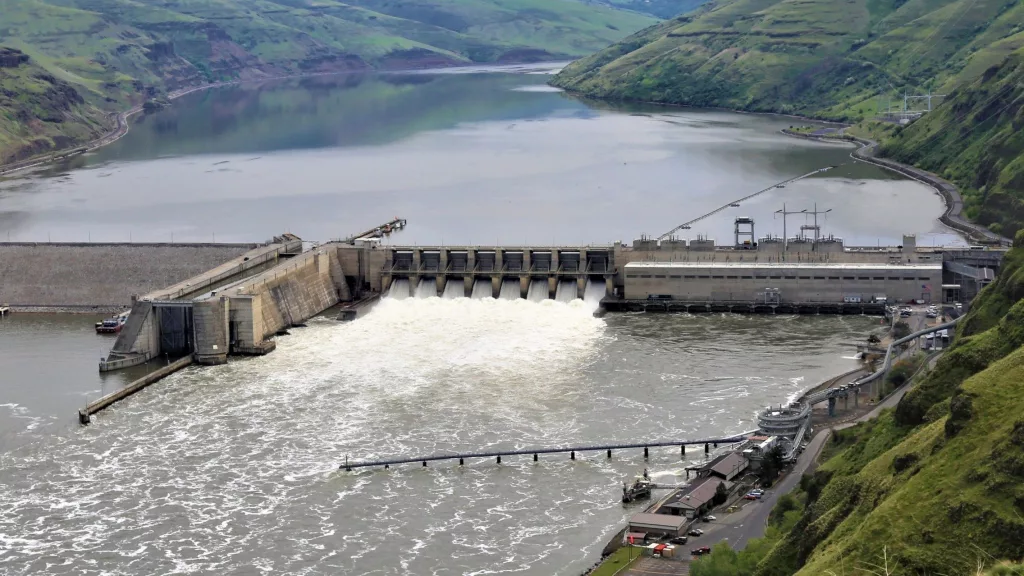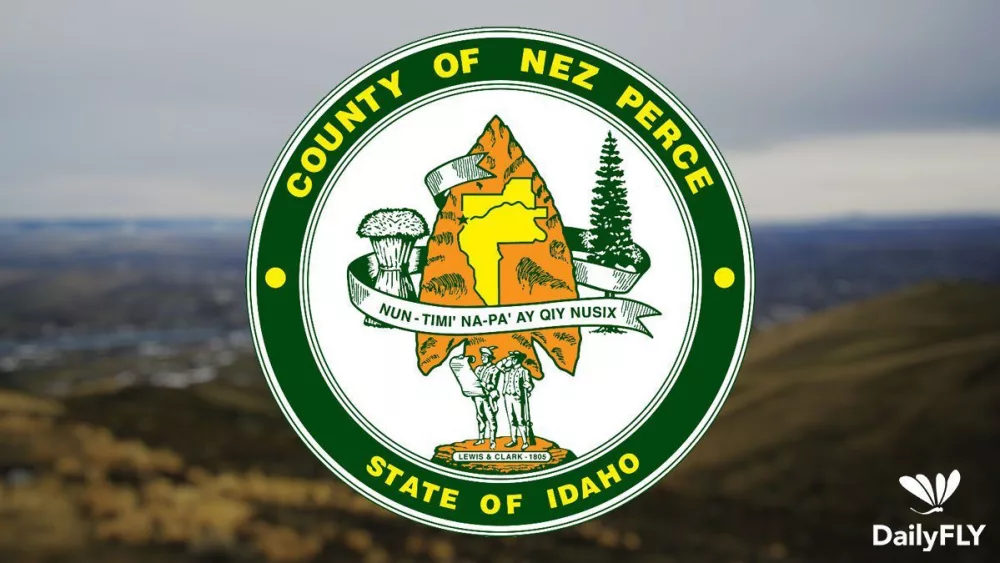WASHINGTON, D.C. – Northwest states, tribes and environmental groups will resume suing the federal government over its hydroelectric dam operations in the Columbia River Basin that have harmed endangered native fish species.
The move comes after the Trump administration in June withdrew from a “historic” deal made two years ago, when President Joe Biden was in office. This agreement called for putting long-running legal battles aside and investing in the restoration of endangered Columbia River fish runs.
Behind the litigation are 10 environmental groups backed by Oregon, Washington and four Lower Columbia River tribes: The Confederated Tribes and Bands of the Yakama Nation, the Confederated Tribes of the Umatilla Indian Reservation, the Confederated Tribes of the Warm Springs Reservation of Oregon and the Nez Perce Tribe.
Court fights over the dams had gone on for more than three decades before the pause. Now, they are back on, according to Amanda Goodin, an attorney with the environmental law group Earthjustice, which filed a motion Thursday in U.S. District Court in Oregon to end the multi-year pause on a 2021 lawsuit.
“The Trump administration’s recent actions leave us with no choice but to return to court,” she said.
On Oct. 8, Earthjustice will officially resume its lawsuit, spokesperson Elizabeth Manning said.
Earthjustice’s plaintiffs include the National Wildlife Federation, Pacific Coast Federation of Fishermen’s Associations, Institute for Fisheries Resources, Sierra Club, Idaho Rivers United, Northwest Sportfishing Industry Association, NW Energy Coalition, Columbia Riverkeeper, Idaho Conservation League and Fly Fishers International, Inc.
Oregon’s attorney general, Dan Rayfield, said in a statement that Oregon, too, was ready to resume legal action.
“The federal government has put salmon and steelhead on the brink of extinction and once again broken promises to tribal partners. Extinction is not an option. Oregon will return to court to hold the federal government accountable and ensure these iconic fish runs have a future,” he said.
White House spokespeople did not immediately respond to a request for comment late Thursday.
The 2023 Resilient Columbia Basin Agreement involved pausing active Snake River litigation for a minimum of five years while the federal government worked with tribes and states on a plan to advance recovery of native fish populations in the Columbia Basin.
At the heart of the issue are four Snake River dams that provide irrigation and emissions-free hydropower for nearby communities, but have also contributed to the near extinction of 13 salmon and steelhead populations that return to the Columbia Basin from the Pacific Ocean to spawn.
The fish are important to tribal health and sovereignty and to basin ecosystems, and the declines are hitting southern resident orcas off the coasts of British Columbia, Washington and Oregon that rely on salmon for food and that are federally listed as endangered.
“These wild native fish are essential to tribal cultures and important to sport, commercial, and tribal fishing communities and economies throughout the Pacific Northwest. We can and must do better,” said Bill Arthur, the director of the Sierra Club’s campaign to protect salmon in the Snake and Columbia rivers.
The Columbia Basin Restoration Initiative included a roadmap for salmon and steelhead recovery, as well as steps to replace the energy, transportation, irrigation, and recreation services provided by the four lower Snake River dams so they could potentially be breached.
The agreement was a way to increase salmon populations and fishing opportunities while improving public services, cutting taxpayer subsidies and meeting promises made to the tribes, according to Mike Leahy, senior director of wildlife, hunting and fishing policy for the National Wildlife Federation.
In June, President Donald Trump signed a memorandum withdrawing the federal government’s support from the agreement, calling it “radical environmentalism” and saying completion of the restoration initiative would “be devastating for the region.”
“It’s been disappointing to see the federal government overrule all the progress made in the region in favor of returning to court,” Leahy said.
Oregon Gov. Tina Kotek said in a statement that renewing the lawsuit is necessary to protect natural resources, preserve fish runs, and hold the federal government responsible.
“President Trump walking away from these commitments presents a very real threat at a time when the fish are on the brink of extinction. It also continues our nation’s shameful legacy of broken promises to sovereign tribal nations that this partnership sought to repair,” she said.
While environmental groups agree that going back to court is an essential next step, they have committed to finding other ways to continue restoring the Columbia Basin while the lawsuits are ongoing.
“We will nevertheless keep working with sovereigns and stakeholders across the Northwest to find real solutions to restore healthy, abundant salmon and bring our communities forward together,” said Columbia Riverkeeper Legal Director Miles Johnson.
This story first appeared on Washington State Standard.





